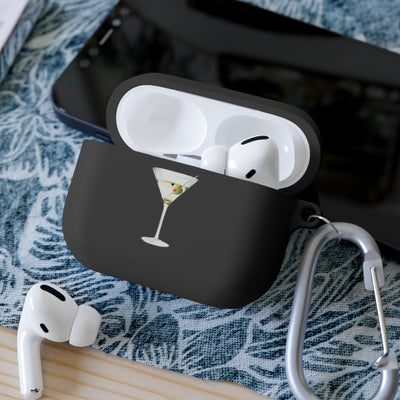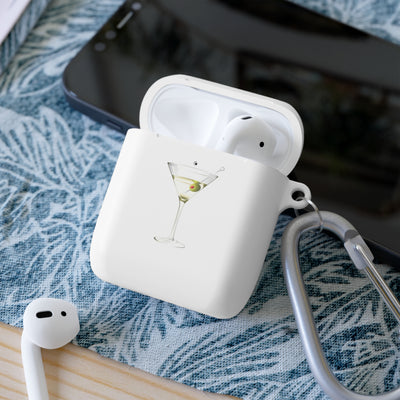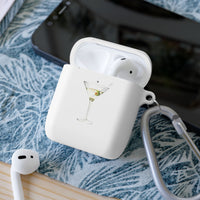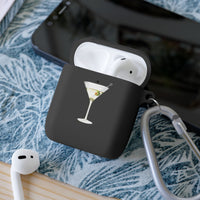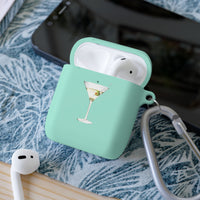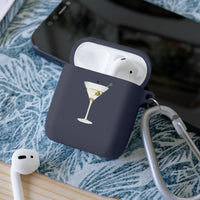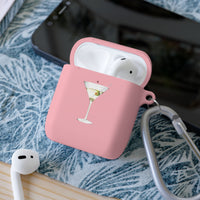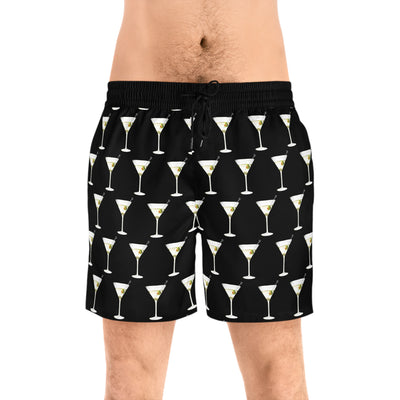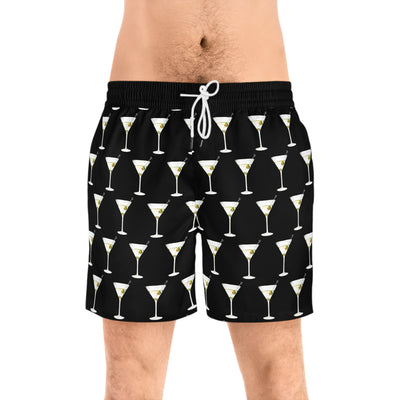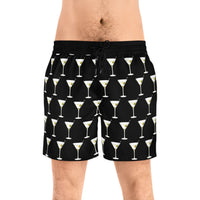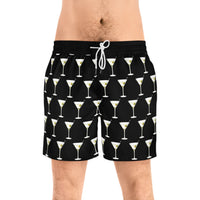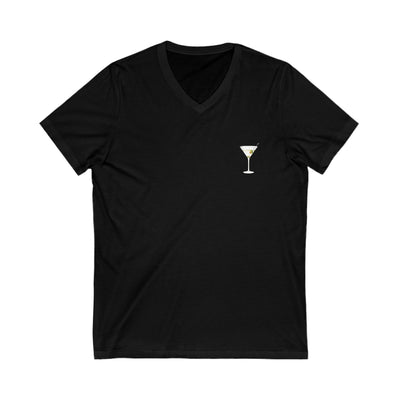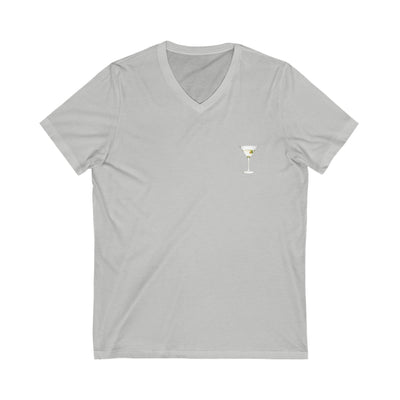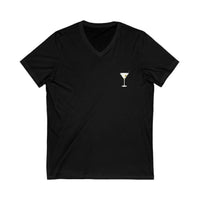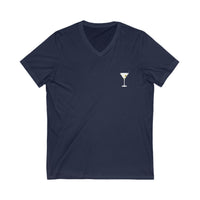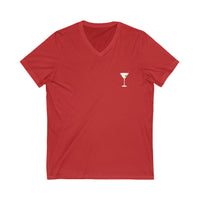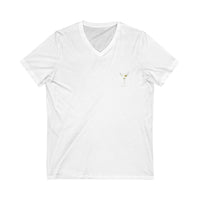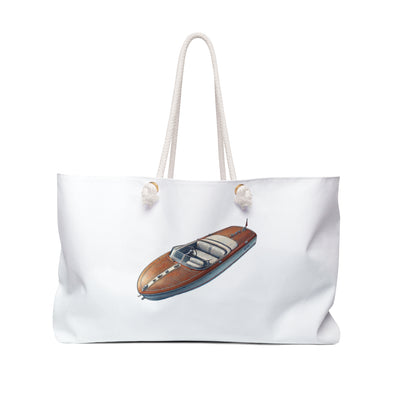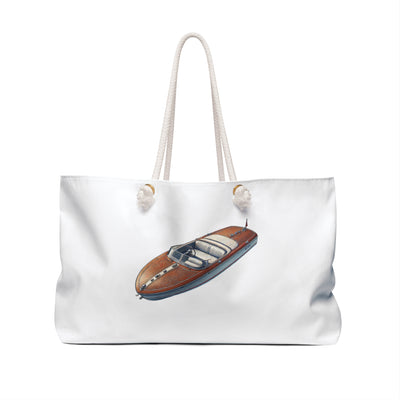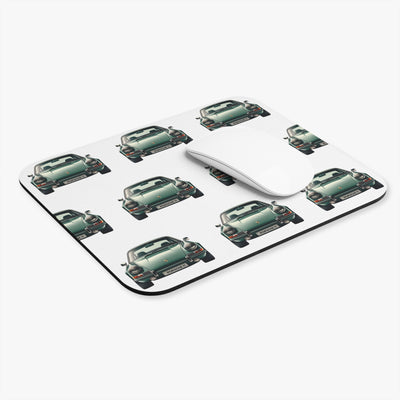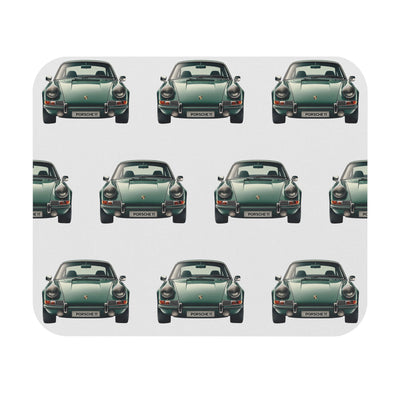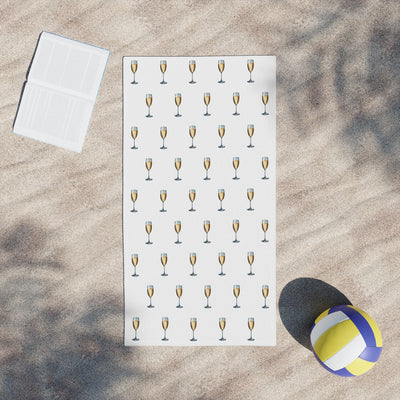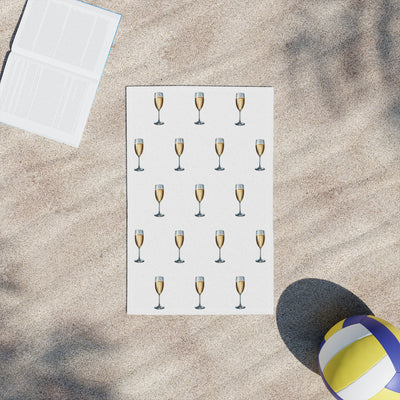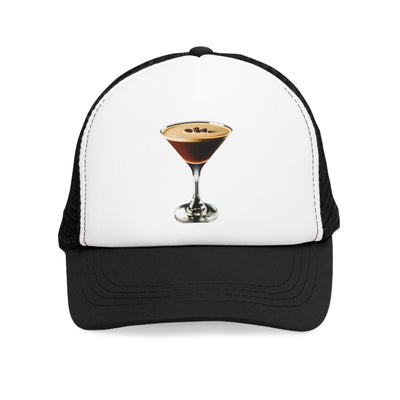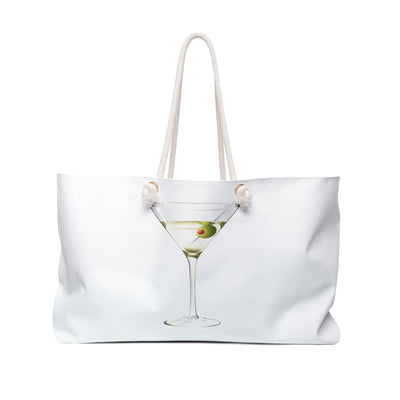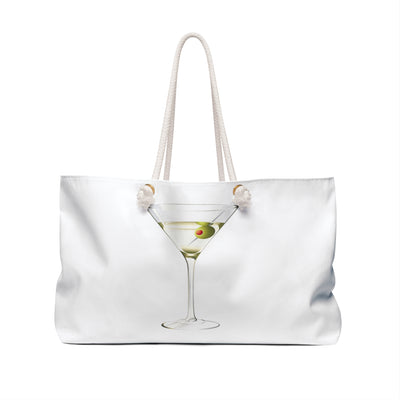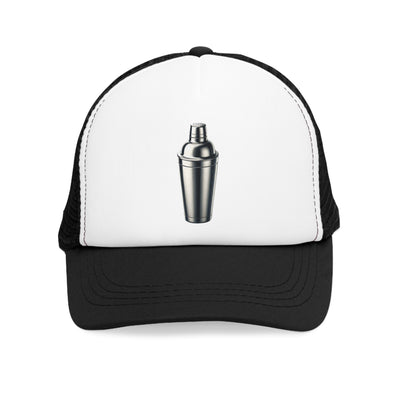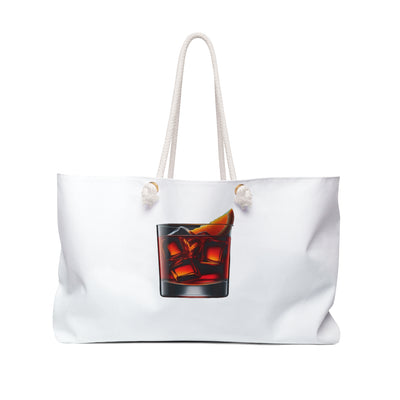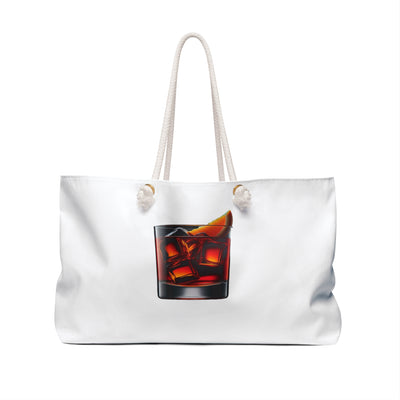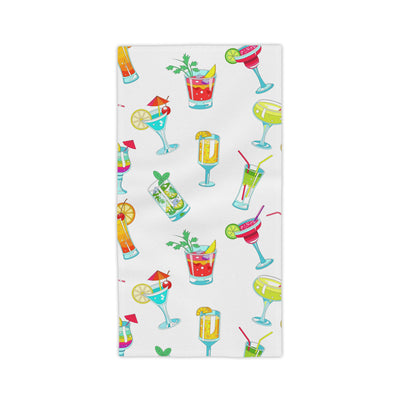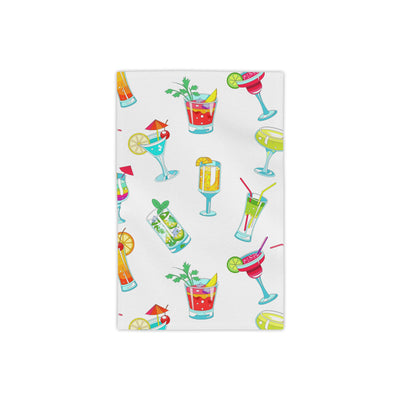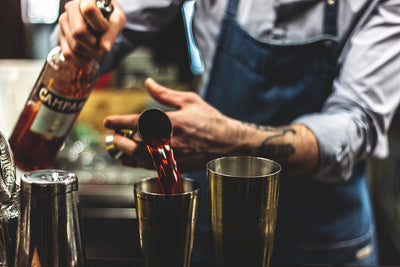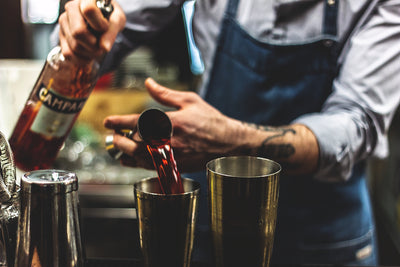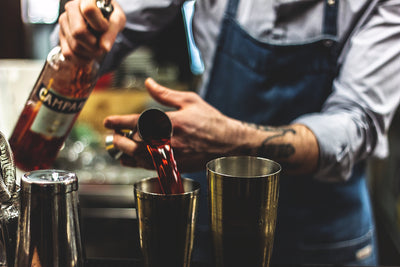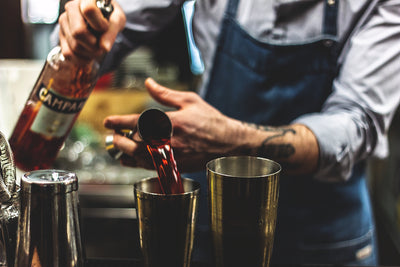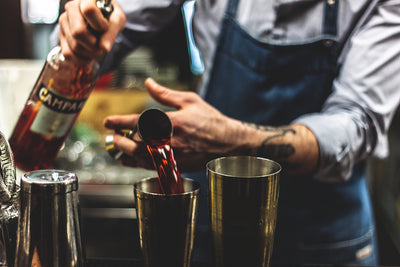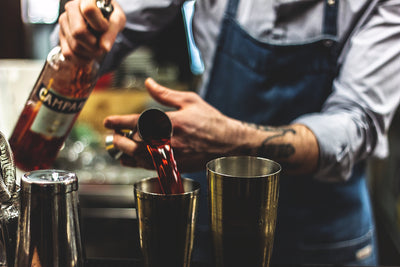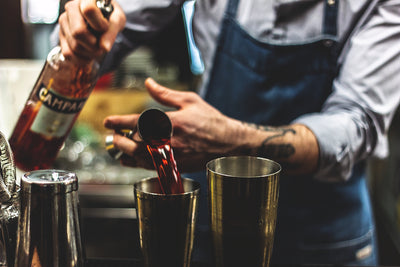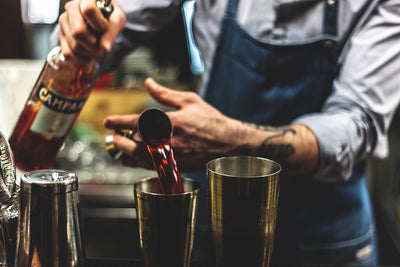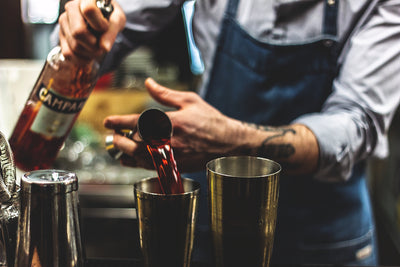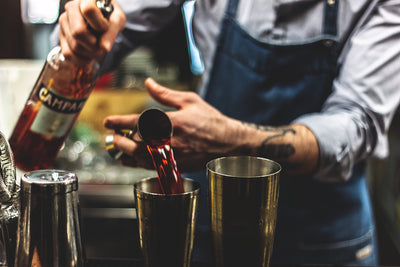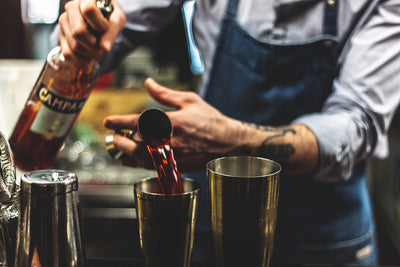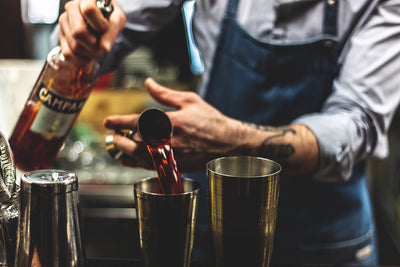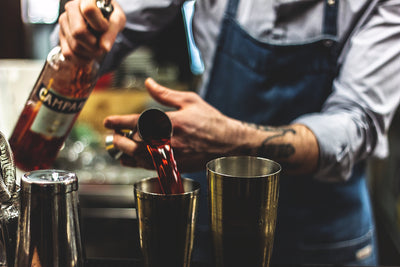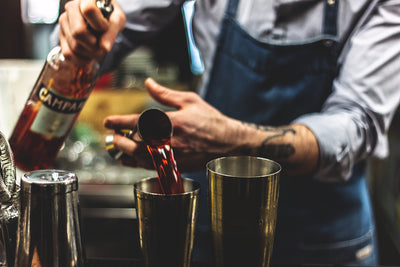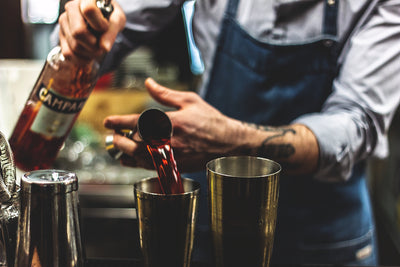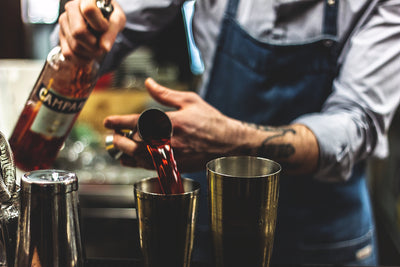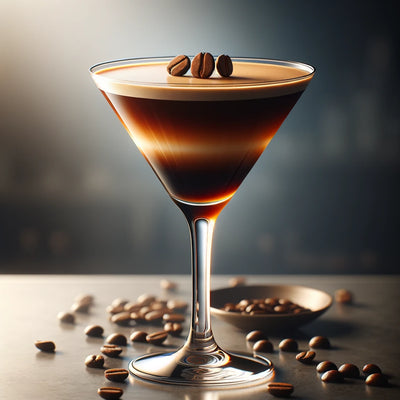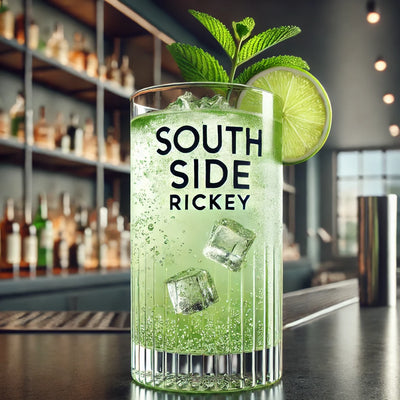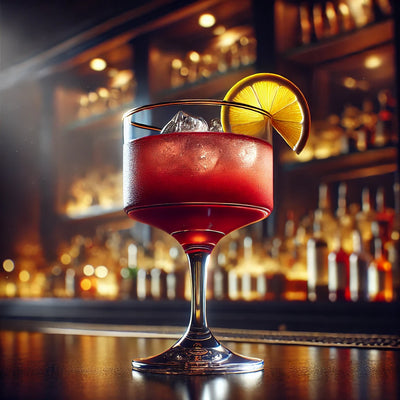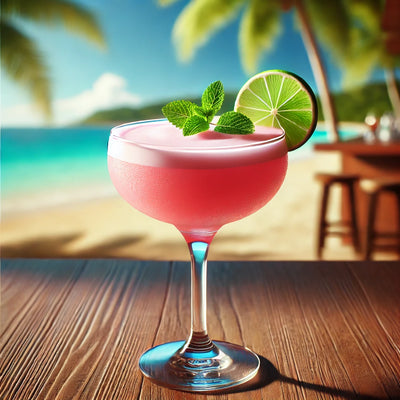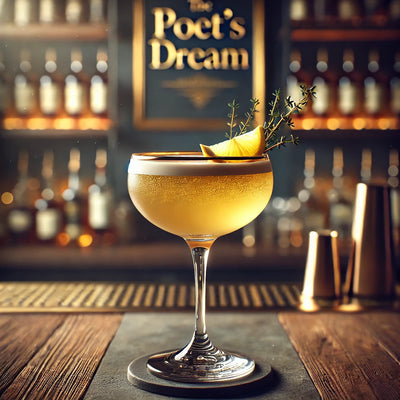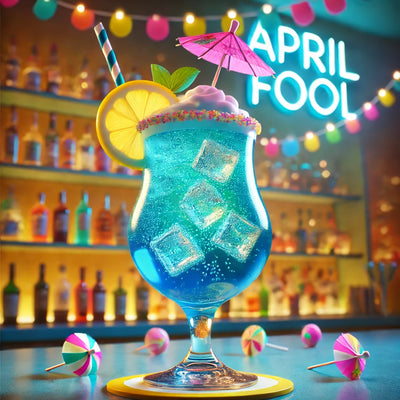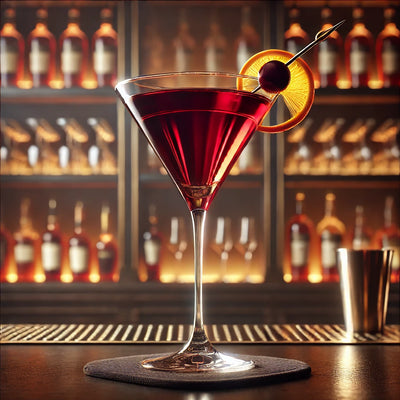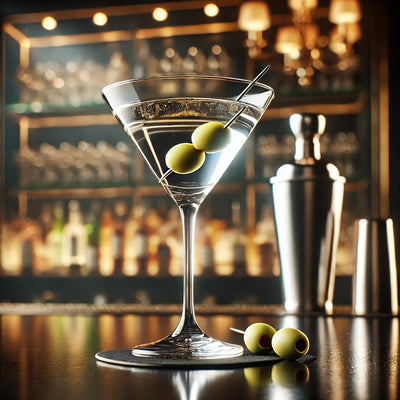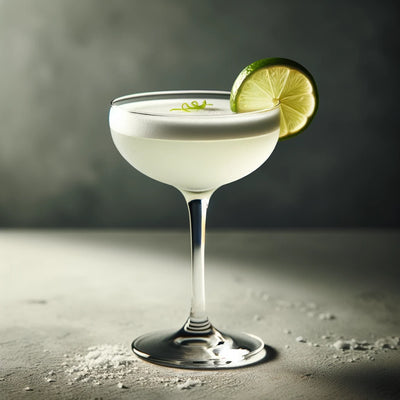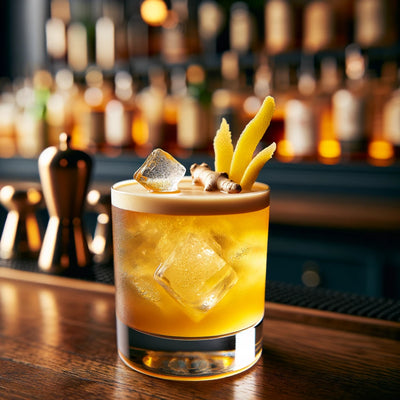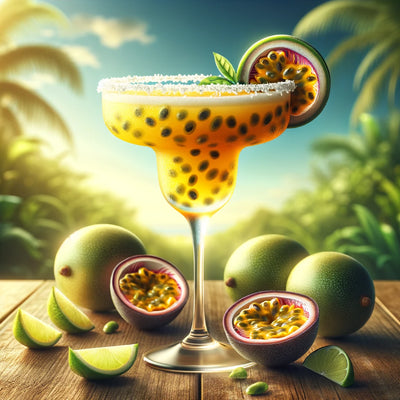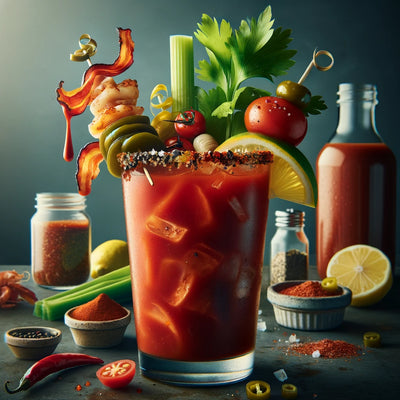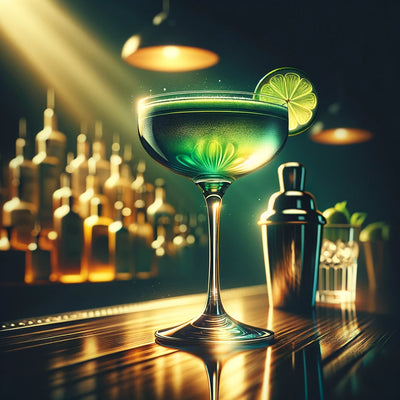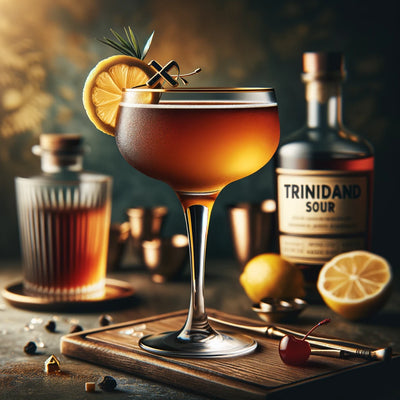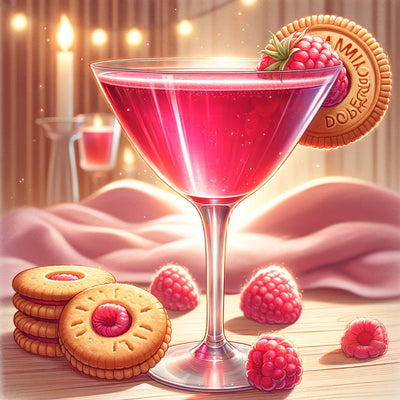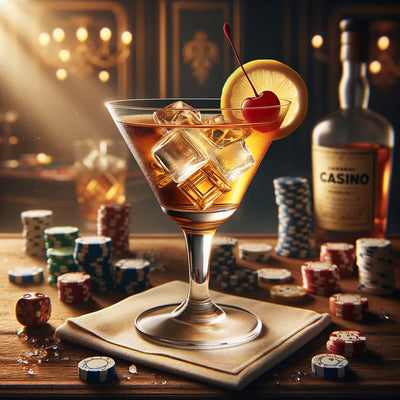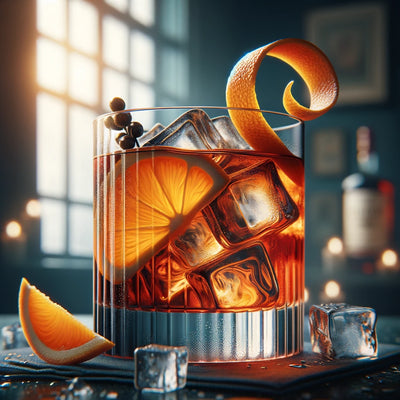What Cocktails Have Egg Whites?
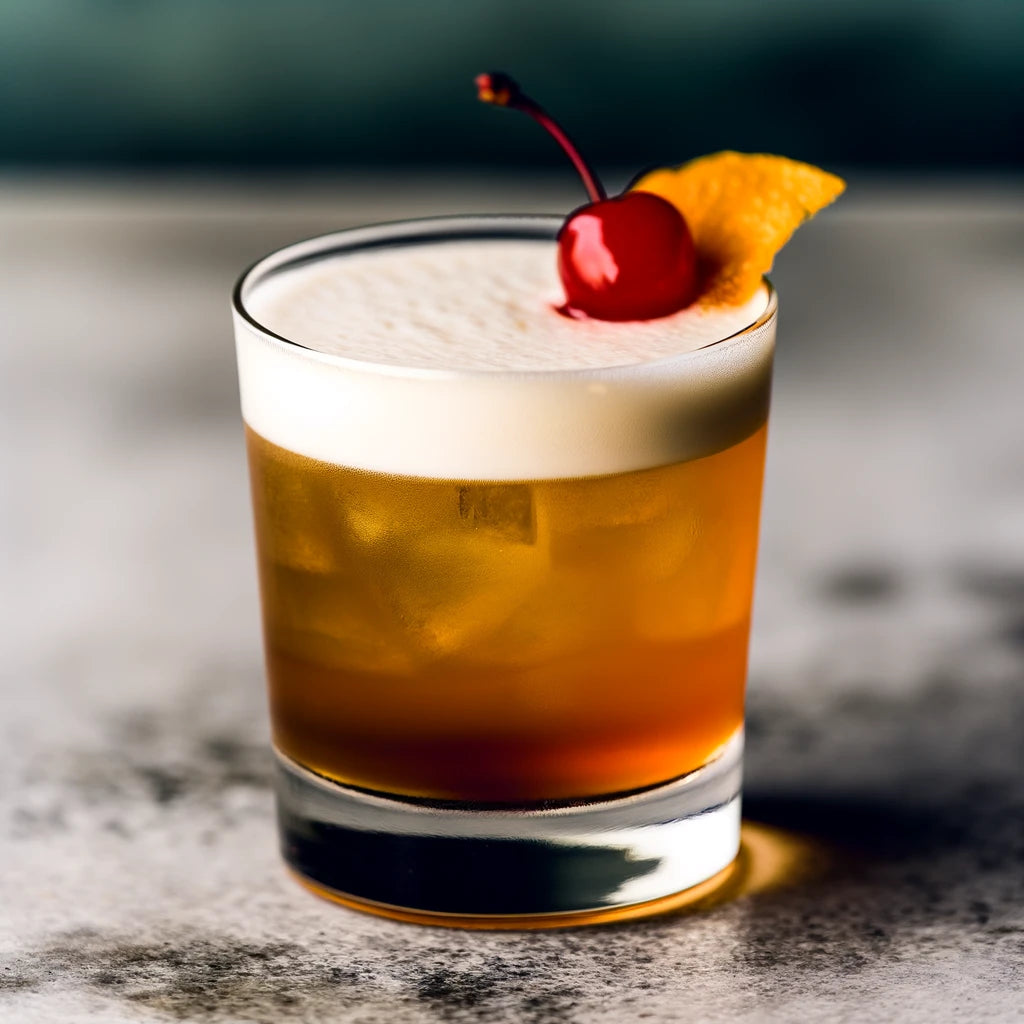
Exploring the World of Cocktails with Egg White: A Guide to Frothy Delights
Cocktails with egg white have been a staple in the world of mixology for centuries, offering a unique texture and visual appeal that can elevate the drinking experience. The addition of egg white to cocktails creates a silky, frothy layer on top, adding smoothness and body to the drink. This guide delves into the history, popular cocktails featuring egg white, and the reasons behind its use in mixology.
The Tradition of Egg White in Cocktails
The use of egg whites in cocktails dates back to the 19th century when bartenders began experimenting with ingredients to create more complex and refined drinks. Egg whites were discovered to not only enhance the texture of cocktails but also to mellow out the harshness of the alcohol, making the drinks more palatable. Over time, this technique became a hallmark of classic cocktails and a sign of a bartender's skill.
Why Use Egg White?
Egg whites contribute to cocktails in several ways:
- Texture: They create a smooth, creamy consistency that's pleasing to the palate.
- Froth: Egg whites produce a frothy top when shaken vigorously, adding a visually appealing layer to the drink.
- Flavor Balance: The protein in egg whites can soften the intensity of the alcohol, balancing the flavors in the cocktail.
Popular Cocktails with Egg White
Several classic and contemporary cocktails feature egg white as a key ingredient. Here are a few notable examples:
-
Whiskey Sour: One of the most iconic egg white cocktails, the Whiskey Sour combines whiskey, lemon juice, simple syrup, and egg white, creating a harmonious blend of tart, sweet, and smooth.
-
Pisco Sour: A national drink of both Peru and Chile, the Pisco Sour uses pisco (a type of grape brandy), lime juice, simple syrup, egg white, and bitters to create a refreshing and frothy cocktail.
-
Gin Fizz: The Gin Fizz takes the classic combination of gin, lemon juice, and sugar, adding soda water and egg white to create a light, effervescent drink with a creamy foam top.
-
Clover Club: A pre-Prohibition classic, the Clover Club combines gin, raspberry syrup (or grenadine), lemon juice, and egg white for a pink, frothy, and delectably smooth cocktail.
-
Ramos Gin Fizz: A more elaborate version of the Gin Fizz, this cocktail includes gin, lemon and lime juice, cream, sugar, egg white, orange flower water, and soda water, shaken vigorously to achieve its characteristic frothy texture.
How to Safely Use Egg White in Cocktails
While egg whites can enhance a cocktail's texture and flavor, it's important to handle them safely to avoid the risk of salmonella. Here are some tips for safe use:
- Use Fresh Eggs: Ensure the eggs are fresh and refrigerated.
- Pasteurized Egg Whites: Consider using pasteurized egg whites, available in cartons, which are safe to consume raw.
- Clean Handling: Wash your hands and any surfaces or utensils that come into contact with raw eggs.
Conclusion
Cocktails with egg white represent a fascinating blend of art and science in mixology, offering unique textures and flavors that distinguish them from their non-egg counterparts. Whether you're a home bartender or a cocktail enthusiast, experimenting with egg white cocktails can unlock a new dimension of drink-making, combining tradition with culinary innovation. As always, enjoy responsibly and marvel at the wonders egg whites can bring to your cocktail creations.
Frequently Asked Question About Egg Whites In Cocktails
Is it safe to use egg white in cocktails?
Using egg white in cocktails is generally considered safe and is a traditional method for adding a silky texture and frothy top to drinks, such as in a Whiskey Sour or Pisco Sour. However, there are some considerations to ensure safety:
-
Use Fresh, High-Quality Eggs: Freshness is key. Use eggs from a reputable source and check for any cracks or signs of spoilage.
-
Refrigeration: Keep eggs refrigerated until use to minimize the risk of bacterial growth, particularly Salmonella, which can be present on the shell and, in rare cases, inside the egg.
-
Consider Pasteurized Egg Whites: For those concerned about the risk of foodborne illness, pasteurized egg whites are a safer alternative. They are heated to a temperature that kills bacteria without cooking the egg, making them safe for raw consumption.
-
Vulnerable Groups: Pregnant women, young children, the elderly, and people with weakened immune systems may choose to avoid raw egg whites due to the potential risk of Salmonella.
-
Cleanliness: Ensure that all utensils, shakers, and glassware are clean to prevent cross-contamination.
For many, the use of egg whites in cocktails adds a desirable texture and visual appeal that is worth the minimal risk. Following these safety precautions can help enjoy egg white cocktails safely. If there is still concern, opting for pasteurized egg whites or egg white substitutes can provide a similar effect without the risk.
Why use egg white in cocktails?
Using egg white in cocktails is a classic technique that adds a unique texture and visual appeal to drinks. Here are the main reasons why egg whites are used in cocktail making:
1. Silky Texture:
Egg whites add a smooth, silky mouthfeel to cocktails, creating a richer and more luxurious drinking experience. This texture contrasts with the liquid components of the cocktail, making each sip more interesting and enjoyable.
2. Frothy Layer:
When shaken vigorously, egg whites create a frothy, creamy layer on top of the cocktail. This froth not only looks appealing but also provides a delightful tactile sensation with each sip. The froth can hold aromatic garnishes like bitters or spices, enhancing the drink's aroma.
3. Visual Appeal:
Egg whites contribute to the aesthetic of a cocktail by creating a clear delineation between the frothy top and the colored liquid below. This layering effect can elevate the presentation of a drink, making it more enticing.
4. Balance and Mildness:
Egg whites can temper the acidity and sharpness of certain ingredients, such as citrus juices, by adding a mild creaminess that balances the overall flavor profile of the cocktail. This can make the drink more palatable and well-rounded.
5. Historical and Traditional Aspect:
Many classic cocktails, like the Whiskey Sour, Pisco Sour, and Ramos Gin Fizz, include egg whites as a key ingredient. Using egg whites connects modern mixology with historical traditions and practices, preserving the heritage of cocktail crafting.
Safety Considerations:
While the benefits of using egg white in cocktails are clear, it's important to consider safety by using fresh, high-quality eggs or pasteurized egg whites, especially for those with compromised immune systems, to minimize the risk of salmonella or other foodborne illnesses.
In summary, egg whites are used in cocktails for their ability to enhance texture, visual appeal, and flavor balance, connecting current cocktail crafting with a rich tradition of mixology.
What can you use instead of egg whites in cocktails?
For those looking to replicate the texture and frothiness of egg whites in cocktails without using actual egg whites, there are several alternatives that can be used. These substitutes can provide similar results, catering to dietary restrictions, allergies, or safety concerns:
1. Aquafaba:
Aquafaba, the liquid from a can of chickpeas, is a popular vegan alternative to egg whites. It whips up into a frothy foam just like egg whites, making it perfect for creating the silky texture and frothy top layer in cocktails. Use about 1 oz of aquafaba to replace the egg white in a cocktail recipe.
2. Hydrocolloids:
Hydrocolloids such as xanthan gum and guar gum can be used in very small quantities to mimic the texture-enhancing properties of egg whites. They are powerful thickeners and stabilizers, so only a pinch (around 1/8 teaspoon or less) is needed to achieve the desired effect.
3. Agar Agar:
This vegetarian gelatin substitute, derived from seaweed, can be used to create a silky texture in cocktails. Agar needs to be dissolved in hot water and then cooled before use. It's more commonly used in gel or jelly-like preparations but can be experimented with for cocktails.
4. Versawhip:
Versawhip, a soy protein-based powder, can be used to create stable foams and is another vegan alternative to egg whites. It's particularly effective when used with a hand blender or immersion blender to whip up a foam that can be spooned over cocktails.
5. Pre-Made Foaming Agents:
There are commercial products available specifically designed to replicate the foam-producing properties of egg whites in cocktails, such as Fee Brothers Fee Foam. These are typically added directly to the cocktail shaker before shaking.
6. Coconut Cream:
For a slightly different approach that adds a creamy texture and a hint of coconut flavor, coconut cream can be lightly shaken or whisked and then layered on top of cocktails. This works best with tropical or sweeter drinks.
When using these alternatives, it's important to consider the impact they may have on the flavor and overall balance of the cocktail, as some substitutes might introduce new flavors or have different textural qualities compared to egg whites. Experimenting with proportions and techniques will help achieve the best results for your preferred cocktail experience.
